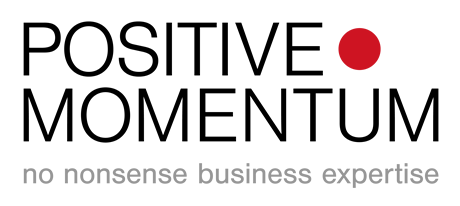Top pic ID 205493888 © Peerayut Nantajeeworawat | Dreamstime.com
Oh the joy of being back in a room of like-minded, payment fanatics, enjoying the truly fabulous line up and environment Money20/20 work tirelessly to bring to the payments industry every year!
Its been five years since I attended my last Money20/20 conference after which I wrote;
“As I sat and listened to speaker after speaker, it struck me what provocative language is being used by the Fintech world who thought nothing of comparing incumbent bankers to fat, sumo wrestlers, incapable of acting fast enough to the changing environment. Whilst I don’t dispute the point being made, I am not sure how these insulting analogies help the industry get to better outcomes. Instead, I fear they send the old and new worlds into opposite corners of a boxing ring and prevent the sharing of great ideas, technological knowhow and experience which produces the very best results.”
Five years on, after the travails of both Fintechs and incumbents alike, I am pleased to report a decidedly more balanced approach to both the opportunities and threats of the payments’ ecosystem for all players as well as a tangible acknowledgement of the need for all participants to work together for the greater good. Or as Anne Boden, CEO of Starling, delightfully put it, “I am very happy to see others be successful, as long as we are more successful than them”!
To anyone who has ever attended Money20/20, getting across all speakers and presenters is on a par with being front row at all the stages of Glastonbury without the wellies.
I can therefore only claim to have seen a small proportion of what was on show. From what I did see and hear however, these are my key take aways this year.
The Fintech world inches ever closer to a single, digital ID to enable frictionless access to services requiring ID verification. At last I hear you cry. No more helpdesk queues to ask the council for a hardcopy proof of address. The question that remains important to resolve here however, is who will take responsibility (by which I also mean the liability) for approving the digital ID? In a sector where participants are regulated to different extents, this is likely to remain a thorny question which may require regulators to step in.
Crypto continues to shift from a store of value (largely speculative) to a means of settlement. With 24/7, real-time settlement to boot, merchants are unsurprisingly taking an increasing interest in the new crypto merchant offerings on show this year. It will be interesting to see whether incumbent merchant card payment providers are able to innovate fast enough to erode these very tangible benefits before Crypto is being proactively promoted by the retail and hospitality sector.
The impact of recessionary headwinds on Fintech valuations is likely, for some, to be largely offset by further shifts from offline to online payments. With c. 12% of retail payments currently being made online, there remains considerable growth potential for digital payment businesses which John Collison President of Stripe estimates could reach 30%+ . If recent FinTech valuation crashes have unnerved investors of late, for the right businesses with strategies which tap into the online growth opportunity, valuations in the payments sector still are expected to remain good.
Embedded payments are evolving at a pace of knots towards embedded payments AND finance. We have all got used to a plethora of payment options when we purchase online. We should get ready for a multitude of finance options also now. Offering finance at the point of sale offers both convenience to the consumer and can help boost sales for the retailer. The headwinds of consumers being more cautious to spend and the cost of funding are already showing however as Klarna’s recent layoffs demonstrate. It also remains to be seen whether the right balance can be struck between topsy turvy growth and ensuring only those who can genuinely afford to repay their purchases can access the multitude of embedded finance services coming down the line.
In principle however, if so many of us have embraced leases to purchase our cars, embedded finance businesses with sensible and sustainable strategies look set to continue to disrupt the traditional finance market.
In 2017, I also wrote “Personally, my heart will sing the day I come across a team of product developers of all ages, sexes, races and hierarchy working proactively together to create brilliant outcomes.” This year, I am delighted to say however that this was precisely what I saw at Money20/20 in 2022.
Conversations were generally more filled with questions than answers as different populations sought to understand each other better and the queues for the ladies were refreshingly longer than those of the gents!








